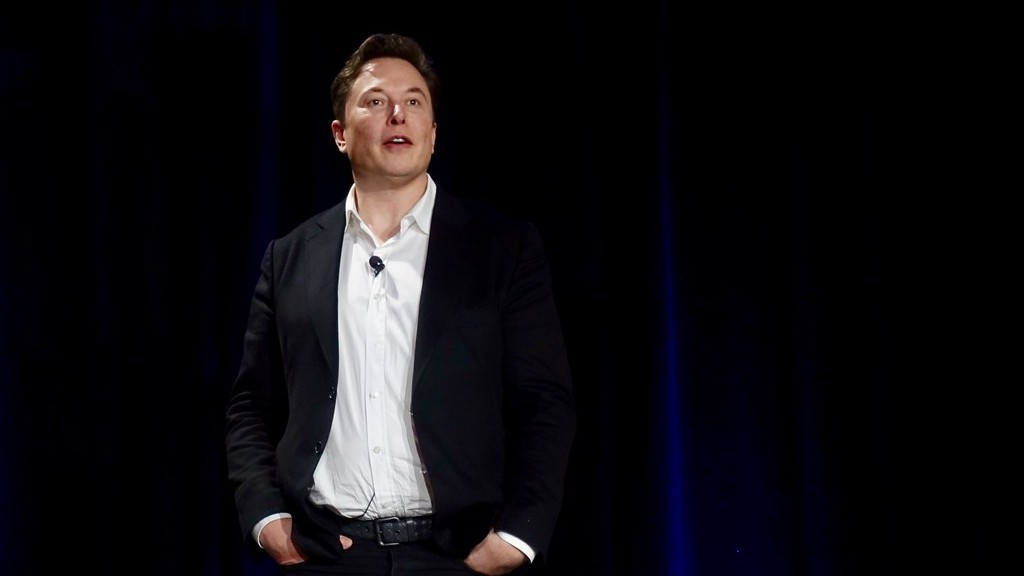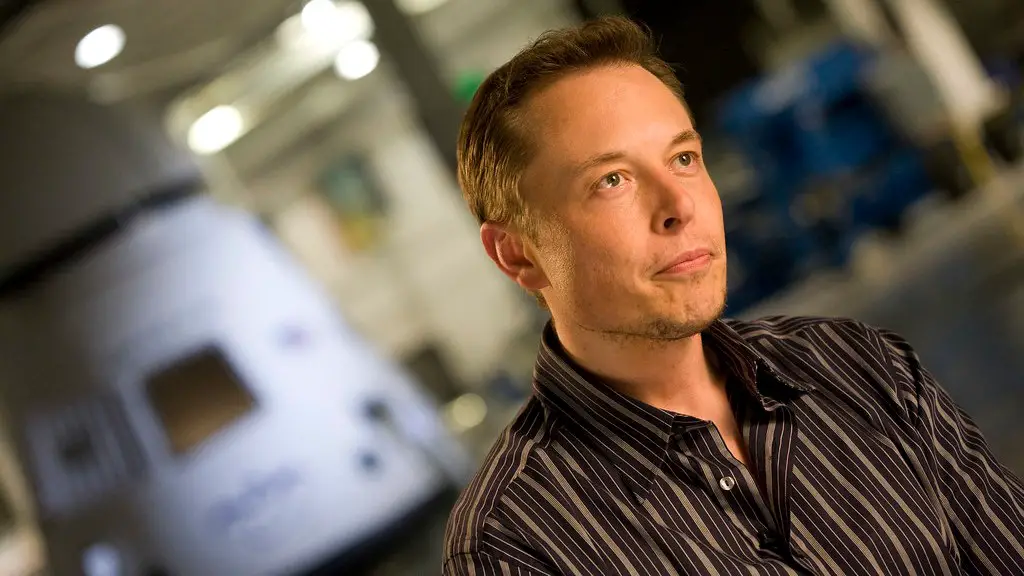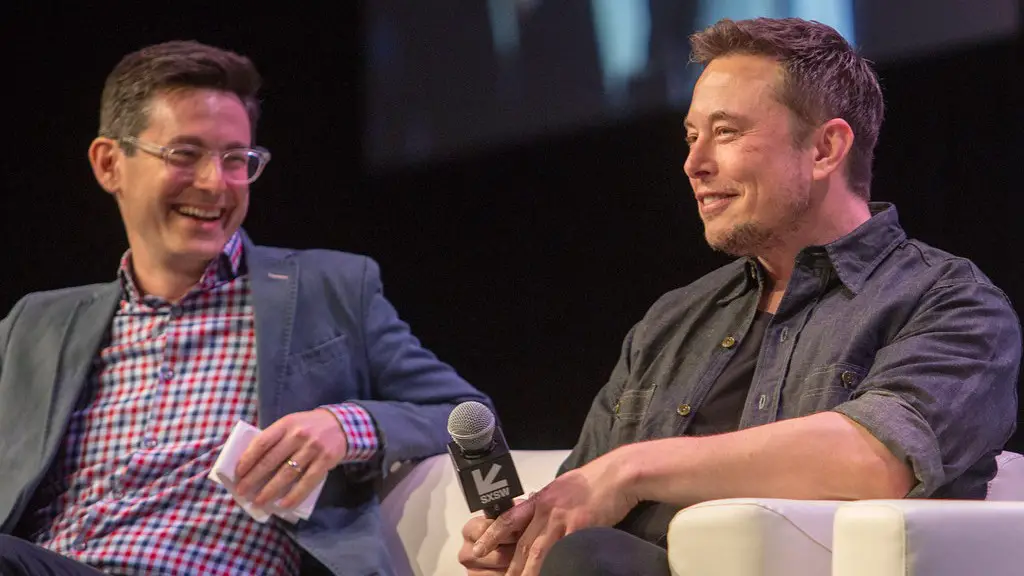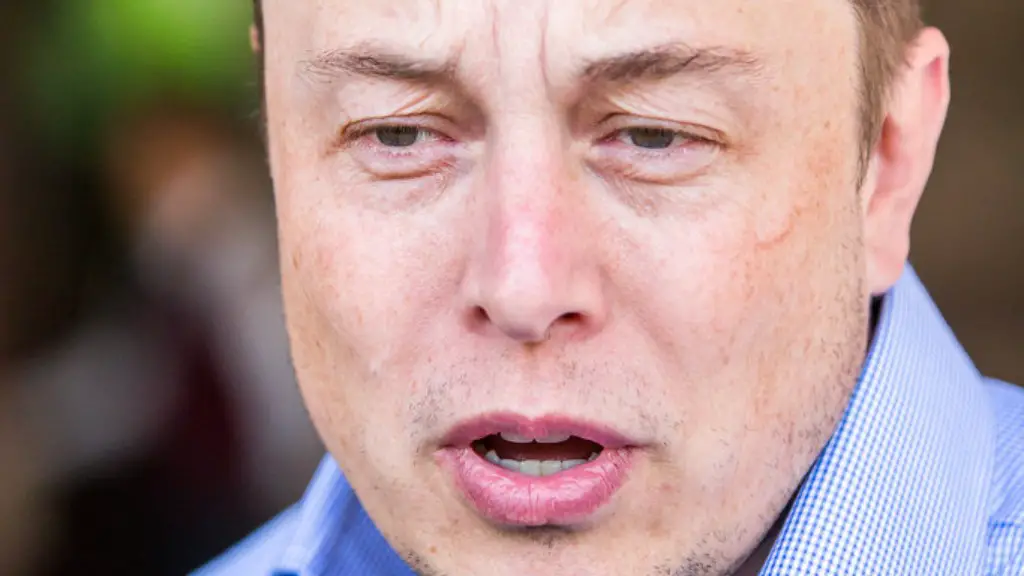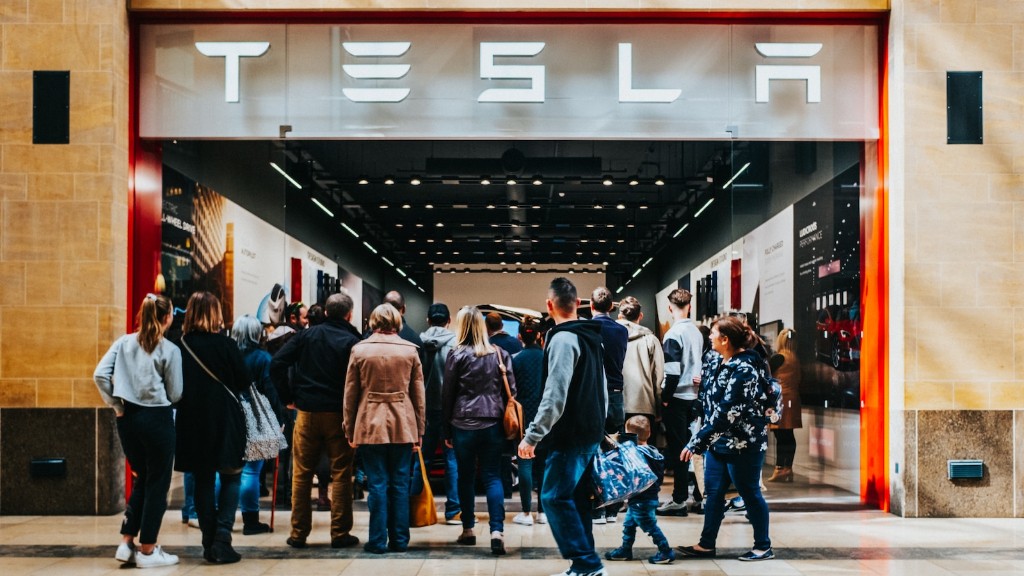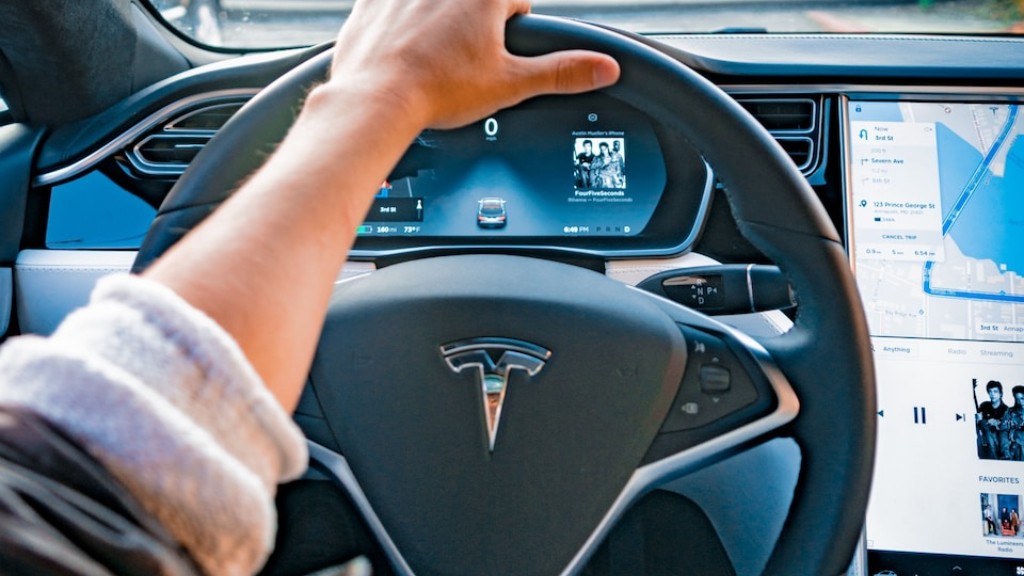Background Information
Elon Musk, born in South Africa in 1971, is a revolutionary entrepreneur and has become one of the most successful businesspeople ever. He has become an international sensation due to his success in many different industries, including space exploration, electric vehicles, and renewable energy. Elon Musk has achieved a number of impressive accomplishments, all of which have contributed to his immense wealth. Musk’s ambition and drive have enabled him to become a billionaire at a surprisingly young age. He continues to innovate and inspire others to pursue their dreams.
Data and Perspectives
At an early age, Musk showed an impressive aptitude for technology, leading him to found his first business at the age of 24. That business, Zip2, sold navigation and city guide software and was eventually acquired by Compaq, netting Musk $22 million. He then went on to found X.com, an online financial services company, which soon merged with PayPal. Musk made $180 million when PayPal was acquired by eBay in 2002. Musk then went on to found SpaceX, a private space exploration company, Tesla, a company focused on electric cars, and the Boring Company, which focuses on transportation systems including underground tunnels.
Experts agree that Musk’s success is due to his unique combination of technical knowledge and business knowledge. Musk has a deep understanding of engineering and how to turn ideas into reality, but he also has an eye for spotting business opportunities and creating strategies to capitalize on them. Coupled with his ambition and determination, his approach is what has allowed him to become so successful so quickly.
Insights and Analysis
Musk has managed to differentiate himself from the competition in numerous ways, from his ambitious thinking to his ability to take risks. His willingness to propose and experiment with seemingly impossible ideas has enabled him to innovate and create revolutionary technology. Additionally, his companies have a strong focus on sustainability and have contributed to making electric vehicles and renewable energy more accessible. This has garnered him strong public support and demonstrated his commitment to making the world a better place.
While Musk’s drive and ambition have enabled him to become incredibly successful, it has also come with its own risks. His formidable business approach and willingness to take risks has led to significant losses at times. One example of this was in 2018 when Musk’s company Tesla had a $717 million loss due to delays and production issues with their electric vehicles.
Marketing
Musk’s companies have used a variety of marketing tactics to capitalize on his successes. Musk’s public persona has been integral to his companies’ marketing efforts. His personal story has inspired a large number of people and has been used to create a strong emotional connection with potential customers. His companies have also made extensive use of social media and marketing campaigns.
Musk has also used his own wealth to further his businesses. In 2018, he invested $25 million of his own money into SpaceX. This provided the company with the resources needed to pursue more ambitious goals. Additionally, his involvement in other companies has boosted the share price of Tesla, providing a financial incentive for potential customers to invest in the company.
Undoubtedly, Musk’s success in business has been aided by the current technological landscape. Many of the technologies he has developed could not have been developed without advancements in computer technology and the internet. Additionally, he has been able to leverage the power of modern day digital media to further his businesses.
Legal Issues
Musk has been involved in a number of legal issues which have hampered his businesses. These issues have ranged from antitrust violations to securities fraud and have resulted in fines, lawsuits, and even criminal investigation. Most of these issues relate to his over ambitious public statements and his tendency to overpromise and underdeliver. Nonetheless, these issues have not seemed to tarnish Musk’s public image and have not seemed to have any significant long-term effects.
Musk has also been subject to various laws which have resulted in government scrutiny. For example, Musk’s companies have been subject to numerous regulations and have often had to battle local governments on certain issues. Additionally, Musk’s companies have often been reliant on government contracts for their success. Without government support, some of his businesses, such as SpaceX, may have been unable to succeed.
In addition to legal issues, Musk has faced multiple ethical issues, many relating to the safety of his companies’ products. For example, Tesla has faced numerous safety issues related to its electric cars, while SpaceX has faced issues relating to its spaceflight vehicles. Musk has had to respond to these issues in an ethical and responsible manner, as his reputation is at stake.
International Expansion
Musk’s companies have expanded rapidly on the international stage. Tesla is now the biggest electric vehicle manufacturer in the world, with factories in North America, Europe, and Asia. SpaceX has also seen international success, with launches in the US and plans to launch satellites in India. Musk has also been able to capitalize on the political unrest in some parts of the world, such as in China, where Tesla has been able to attract more customers due to lower prices.
In addition to expanding into new regions, Musk’s companies have been able to capitalize on new markets. For example, Telsa has been able to sell its vehicles in Europe, Asia, and Australia. Similarly, SpaceX has been able to capitalize on the burgeoning satellite and space exploration markets. Musk’s companies have also been able to secure lucrative government contracts in many countries, providing an additional source of income.
Another successful international model that Musk has implemented is that of leveraging international talent. All of his companies have placed a high emphasis on hiring the best talent regardless of nationality. Musk’s companies have been successful in recruiting the best talent from around the world, including software engineers from India, technical specialists from Europe, and financial experts from the US.
Competition
Musk’s companies have been able to maintain their market dominance due to a number of competitive advantages. These advantages have enabled Musk’s companies to stay ahead of the competition in terms of innovation and growth. These advantages include having a strong financial foundation, a well defined business strategy, access to cutting-edge technology, and a strong portfolio of patents and trademarks.
The competitive advantages of Musk’s companies have been crucial to their long term success. For example, Tesla’s access to cutting-edge technology has enabled the company to develop new electric vehicles faster than its competitors. Similarly, SpaceX has been able to access government contracts due to its strong portfolio of patents. Musk’s companies have also been able to stay ahead of the competition due to his willingness to take risks and innovate, which has enabled them to create revolutionary technology and services.
However, it is worth noting that Musk’s companies are not without competition. A number of other companies have rushed to capitalize on the electric vehicle and space exploration markets, providing a level of competition that Musk’s companies have had to contend with. Additionally, some governments have heavily restricted certain aspects of Musk’s businesses, hampering their success.
Business Model
Musk’s businesses have been characterized by a focus on innovation and efficiency. He has strived to create technology that is far ahead of the existing market and is focused on creating value for the customer. This has enabled his companies to grow faster than their competitors and become leaders in the industries they operate in.
Another key aspect of Musk’s business model is that of streamlining processes. Most of his companies have adopted a business model focused on automation and streamlining of processes. This has enabled them to reduce costs and increase efficiency, allowing them to create products that are of a higher quality than their competitors.
Musk has also been highly ambitious in his business strategies. He has often utilized strategies such as mergers and acquisitions to further his companies’ goals. Additionally, he has shown a willingness to invest a large amount of his own money into his companies. This has provided his companies with financial security and has enabled them to pursue ambitious projects.
Finally, a key component of Musk’s business model has been his emphasis on creating a sustainable business. All of his companies have adopted a number of practices that focus on sustainability, from using renewable energy sources to manufacturing electric vehicles.
